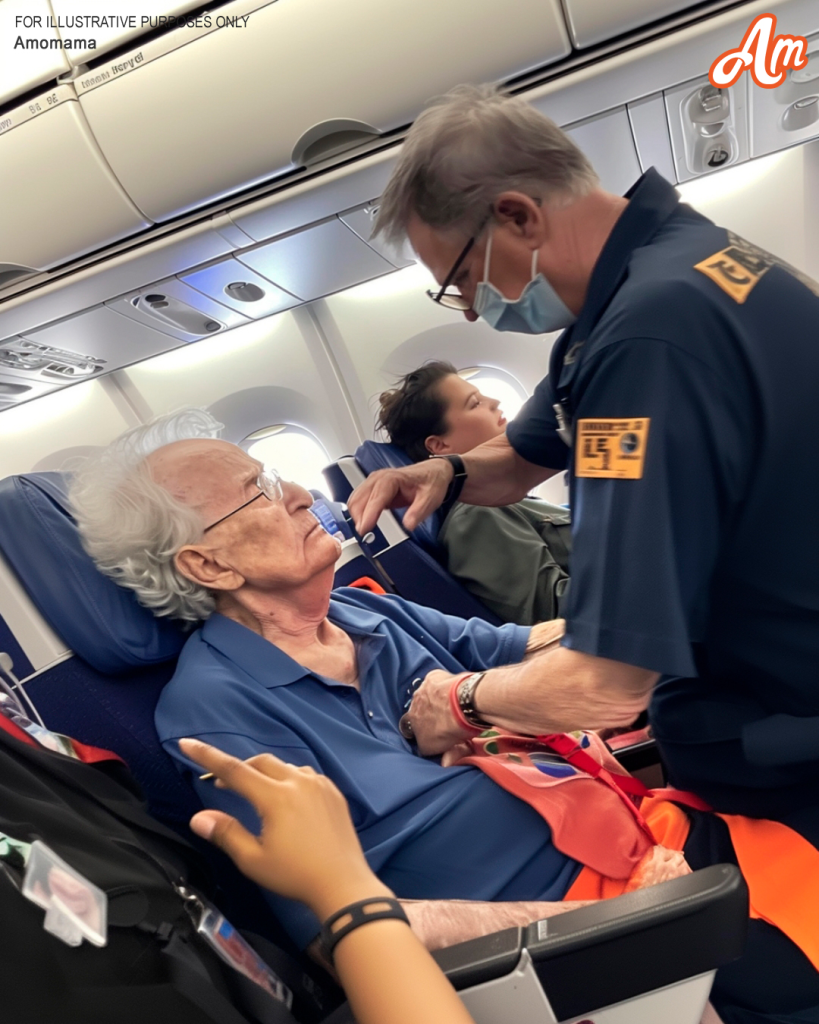As essential sensory organs, our eyes enable us to see and understand the world around us. Preserving our eyes against dangerous diseases and infections is a crucial part of keeping them in optimal health and maintaining our eyesight.

Many things, such as bacteria, viruses, allergies, and poor eye care techniques, can result in eye infections. We’ll look at a few key tactics in this post that can help you avoid eye infections and keep your vision intact for years to come.
- Frequent Handwashing: One of the best defenses against eye infections is keeping your hands clean. To get rid of dangerous bacteria and viruses, properly wash your hands with soap and water before handling contact lenses or touching your eyes.
- Avoid Eye Touching: Several surfaces that come into contact with our hands could be home to dangerous microbes. Avoid unnecessary eye touching or rubbing, as it can introduce bacteria and irritants, potentially leading to infections or worsening existing ones.
- Proper Contact Lens Care: Follow your eye doctor’s instructions on proper cleanliness if you wear contact lenses. Unless your eye care specialist instructs you otherwise, clean and sanitize your lenses on a regular basis, replace them when necessary, and refrain from sleeping with them on.
- Eyewear Hygiene: If your glasses or sunglasses come into touch with dust, debris, or bacteria, make sure they are cleaned and sanitized on a regular basis to avoid transferring these elements to your eyes.
- Personal Eye Makeup: By dispersing bacteria and viruses, sharing eye makeup products with others raises the risk of eye infections. Avoid borrowing or lending eyeliner, mascara, or eye shadow, and replace your eye makeup regularly to prevent the buildup of harmful microorganisms.
- Protection in Polluted Environments: Use the proper goggles or eye protection if you reside in or are exposed to extremely polluted environments with irritants like smoke, dust, or chemicals to reduce the risk of injury to your eyes.
- Allergy Awareness:Avoid rubbing your eyes if you are prone to allergies brought on by pollen or pet dander and use over-the-counter or prescription antihistamine eye drops to relieve symptoms.
- Maintain a Healthy Lifestyle: Maintaining optimal eye health requires a diet rich in important vitamins and minerals, especially vitamin A, and well-balanced. Include items like salmon, citrus fruits, carrots, and spinach in your diet. In addition to hydrating your eyes, maintaining adequate hydration lowers your chance of developing dry eye infections.
- Regular Eye Exams: Early detection and prevention of eye infections and other eye-related issues require routine eye exams by optometrists or ophthalmologists. These experts are capable of spotting possible issues and offering insightful advice to protect the health of your eyes.
- Give Your Eyes a Break: To reduce eye fatigue caused by prolonged screen time, follow the 20-20-20 rule—every 20 minutes, look at something 20 feet away for 20 seconds. This easy routine can assist in lowering the incidence of eye infections.

In conclusion, you can successfully prevent infections in your eyes by implementing these simple procedures into your everyday routine. You may preserve clean, clear eyesight by doing frequent eye exams, paying attention to eye care products, and emphasizing excellent cleanliness. To preserve your vision and enjoy the world’s beauty with healthy eyes, always remember that prevention is always better to treatment.
AT 78, I SOLD EVERYTHING I HAD AND BOUGHT ONE WAY TICKET TO SEE THE LOVE OF MY LIFE – IN THE PLANE, MY DREAM WAS CRUSHED

The worn leather of the suitcase felt rough against my trembling hands. Forty years. Forty years of regret, of guilt gnawing at my soul. Forty years since I had last seen Elizabeth, the love of my life. Forty years since my own stupidity had torn us apart.
I glanced at the address scribbled on a crumpled piece of paper, my heart pounding a frantic rhythm against my ribs. 123 Maple Street, Willow Creek, Ohio. It felt like a destination in a dream, a place I had only ever dared to imagine.
The plane ride was a blur. My mind raced, a whirlwind of memories and “what ifs.” What would she look like now? Would she still have that mischievous glint in her eyes, that infectious laugh that used to fill our small apartment? Would she recognize me, this old man, weathered by time and regret?
As the plane began its descent, a wave of dizziness washed over me. I gripped the armrests, my knuckles white. My chest felt tight, a burning sensation spreading through my lungs. Voices, muffled and distant, seemed to come from far away.
“Sir, are you alright?”
I tried to respond, but only a strangled gasp escaped my lips. The world tilted, then plunged into darkness.
When I awoke, I was in a sterile white room, the smell of antiseptic filling my nostrils. A blurry image of concerned faces swam into view – a nurse, a doctor, a young woman with kind eyes.
“Where… where am I?” I croaked, my voice weak and raspy.
“You’re at St. Jude’s Hospital, sir,” the young woman said gently. “You suffered a heart attack. You’re lucky to be alive.”
Heart attack. The words echoed in my mind, a stark reminder of my mortality. But a different thought, more urgent, pushed its way to the forefront. Elizabeth.
“Elizabeth,” I rasped, my voice hoarse. “Is she… is she here?”
The young woman hesitated, her eyes filled with a mixture of concern and uncertainty. “I… I don’t know, sir. Who is Elizabeth?”
My heart sank. Had I imagined it? Had the years of loneliness and regret twisted my mind, creating a fantasy, a desperate hope?
Days turned into weeks. I spent my recovery in the hospital, haunted by the uncertainty. The doctors assured me that I was stable, but the fear of losing consciousness again, of never seeing Elizabeth, lingered.
One afternoon, as I sat by the window, watching the world go by, a familiar figure appeared in the doorway. A woman, her hair streaked with silver, her eyes crinkled at the corners. She was more beautiful than I remembered, her face etched with the lines of time, yet her smile was the same, the same smile that had captivated me all those years ago.
“Arthur,” she whispered, her voice trembling.
Tears welled up in my eyes. It was her. Elizabeth.
She rushed towards me, her arms open wide. I held her close, burying my face in her hair, inhaling the scent of lavender, a scent that transported me back to a time of youthful dreams and endless possibilities.
“I never stopped loving you, Arthur,” she whispered, her voice thick with emotion. “I never stopped waiting.”
And in that moment, I knew that despite the years that had passed, despite the pain and the regret, love, true love, had a way of finding its way back home.
As we held each other, the world seemed to melt away. The years of separation, the loneliness, the fear – all of it seemed insignificant compared to the joy of holding her in my arms once more. We had lost so much time, but we still had now. And that, I realized, was all that truly mattered. The worn leather of my suitcase felt rough against my trembling hands. Forty years. Forty years of longing, of regret, of a life lived in a perpetual twilight. Forty years since I had last seen Elizabeth, the love of my life, the woman whose laughter still echoed in the empty chambers of my heart.
I remembered the day vividly. The rain was coming down in sheets, mirroring the storm brewing inside me. We were arguing, a petty disagreement blown out of proportion by youthful pride and stubbornness. I had stormed out, my words echoing in the rain-slicked street. “Fine,” I had spat, “I don’t need you!”
I hadn’t meant it. Not really. But the words hung heavy in the air, a cruel echo of my own anger. I walked for hours, the rain washing away my pride and replacing it with a growing dread. When I finally returned, the lights in our small apartment were off. I called her name, my voice cracking with fear, but there was no answer.
The police found her car abandoned by the river, a chilling testament to the storm that had raged within me. The search parties, the endless waiting, the gnawing uncertainty – it had aged me beyond my years. The vibrant hues of life had faded, replaced by a monotonous grey.
Then, a miracle. A letter, tucked amongst a pile of bills and advertisements, a faded envelope bearing a familiar handwriting. “I’ve been thinking of you,” it read.
The words, simple yet profound, ignited a fire within me. Hope, a fragile ember that had long since been extinguished, flickered back to life. I devoured every letter, each one a precious piece of her, a glimpse into the life she had built. I learned about her children, her grandchildren, her passions, her joys, and her sorrows. And with each letter, the ache in my heart lessened, replaced by a yearning so intense it almost consumed me.
Then, the invitation. “Come,” it read, “Come see me.”
She had included her address.
And so, here I was, 78 years old, sitting on a plane, my hands trembling, my heart pounding like a drum against my ribs. I hadn’t flown in decades. The world outside the window, a blur of clouds and sky, mirrored the chaos within me.
Suddenly, a sharp pain erupted in my chest. I gasped for air, my vision blurring. Voices, distant and muffled, filled my ears. “Sir, are you alright?” “We need to get him some air!”
Panic clawed at my throat. Not now. Not when I was finally this close.
Then, through the haze, I saw her face. Her eyes, the same shade of hazel as mine, wide with concern.
“John?” she whispered, her voice trembling.
And in that moment, time seemed to stand still. The pain, the fear, the decades of longing – they all faded away. All that remained was her. Elizabeth.
Tears welled up in my eyes, blurring her face. But I knew. I knew it was her.
And as I slipped into unconsciousness, I whispered her name, a silent prayer, a love song carried on the wind.
I woke up in a hospital room, the scent of antiseptic filling my nostrils. Elizabeth sat beside me, her hand gently clasped in mine.
“You gave me quite a scare,” she said, her voice soft as a summer breeze.
I managed a weak smile. “I wouldn’t miss this for the world.”
And as I looked at her, at the lines etched on her face, the silver strands in her hair, I knew that this was just the beginning. We had forty years to catch up on, to rediscover the love we had lost. Forty years to make up for the time we had wasted.
And as I held her hand, I knew that this time, nothing would ever tear us apart again.



Leave a Reply